BAGHDAD- More than a month has passed since the Iraqi Government held it's Provincial Elections in 14 of its 18 districts nationwide.
Despite fears of a spike in violence following the election results and signs of a fluctuation in bloodshed across the capital in recent weeks, the overall level of violence continues to be low.
During a 45-day post-election operation dubbed "Krypton Knight III", Iraqi Security Forces and their U.S. partners assigned to the 5th Squadron, 73rd Cavalry Regiment, 3rd Brigade Combat Team, 82nd Airborne Division, Multi-National Division-Baghdad, kept a proactive approach in order to sustain a tight grip on security in the region in which they operate.
Offensive mindset
A combined offensive operation, IA Soldiers and U.S. troopers kept a persistent presence on the streets of Baghdad's Rusafa district.
From counter-improvised explosive devices operations, preventing insurgent activities, to clearing historical weapons cache sites and capturing known insurgents in the area, the operation was planned to identify and disrupt any potential enemy cells.
"After the elections, our commander wanted to transition from essentially defensive security operations to an offensive one to disrupt the enemy," said Maj. Walter Roberson, chief of operations for 5th Sqdn., 73rd Cav. Regt. "We felt that the operation would require a 45-day effort to beat the streets and develop the intelligence required to understand the enemy networks and gain warrants."
The Destin, Fla., native added that the operation's proactive approach led to 16 warrants being issued by the Iraqi justice system.
Staying vigilant
Staff Sgt. Jason Miera, a squad leader with Troop C, 5th Sqdn., 73rd Cav. Regt. said his platoon can average two combat patrols a day with their ISF partners. When they first arrived to Iraq in December 2008 through Election Day, and until recently they were averaging three or more a day.
"When we first got here [Iraq] we were hitting it hard," said the Albuquerque, N.M. native. "We were trying to get familiar with the area we were operating in."
The leaders of Troop C's "White platoon" stayed consistently focused during combat missions. During a recent combined clearance operation in a Rusafa neighborhood, the men stayed vigilant of their surroundings, even as a group of Iraqi children crowded the paratroopers, vying for attention. The men of "White platoon" politely wave, smile and talked to the children. The picture is a common depiction of a typical combined foot patrol. However, paratroopers consistently stayed focus on their sector.
Miera also said just because his troops have not seen any enemy attacks directed toward them yet, it does not mean it is time to get complacent.
"I stress to these guys that my last deployment was calm for the first six months," he said. "Then it got kinetic for the last eight months we were deployed."
Miera said staying sharp is crucial to fighting in this type of warfare.
"In a counter-insurgency fight like this they [the enemy] are not going to hit you when you think you are going to get hit. They are going to hit you when they see people sleeping in the back of the trucks and listening to I-Pods."
Taking charge
Prior to the foot patrol inside the Rusafa neighborhood, a National Police officer from the 3rd Battalion, 8th NP Bde., 2nd NP Div., brought Miera, along with the platoon's leaders into his office to discuss the patrol's procedures. The members of "White platoon" listened as the NP officer told them which houses in the area he wanted to inspect.
A scenario like this was far-fetched when the paratroopers of Troop C last deployed in 2006. The ISF were still in their developing stages and their combat abilities were a work in progress. Many Iraqi officials and the Iraqi people were concerned it would take years before they would be able to take over its nation's defense.
But as of 2009, a force which was once just beginning to evolve is now in charge of its nation's security and played a primary role during Krypton Knight III.
"Their unit intelligence officers frequently talk with the local populace to gather evidence and identify people who would testify to an Iraqi judge. This allows the warrants to be issued," said Roberson.
"The ISF were key to the squadron's success. They have been in the area longer and understand the human terrain."
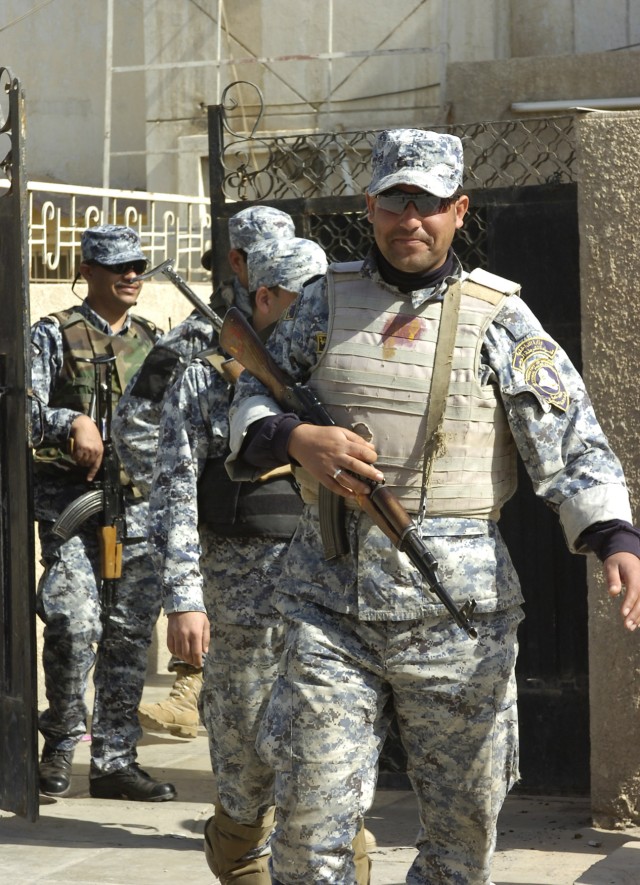
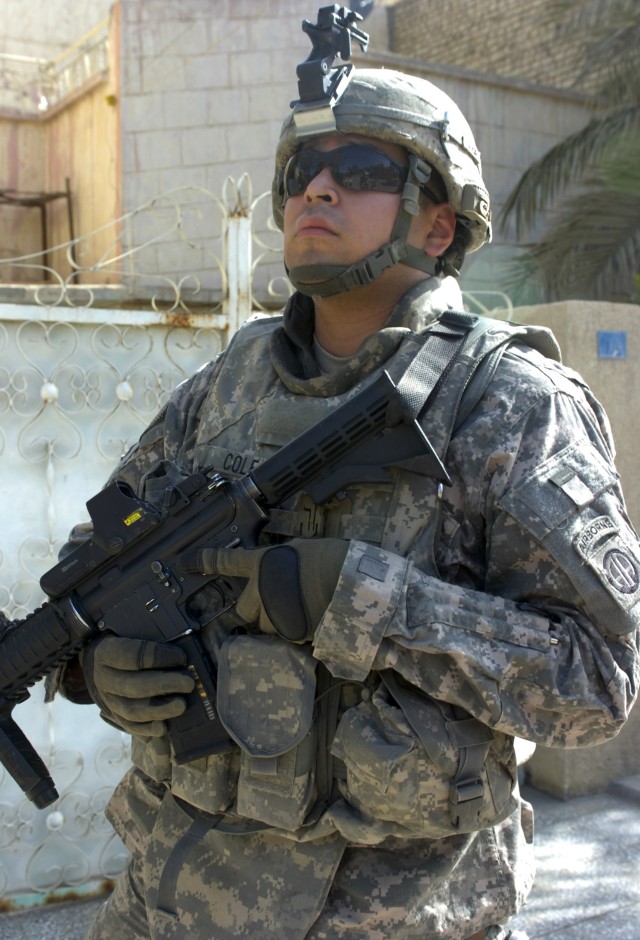
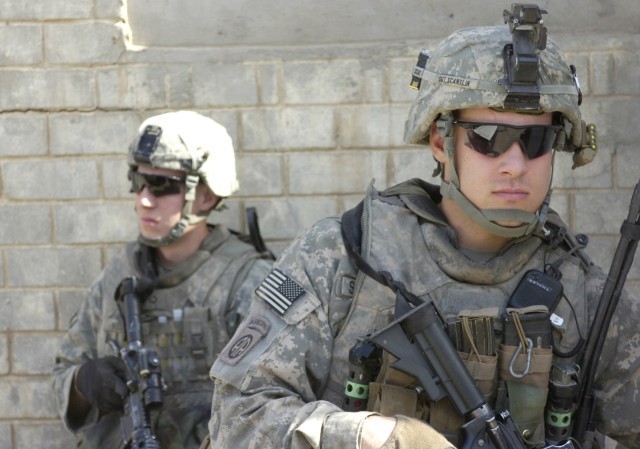
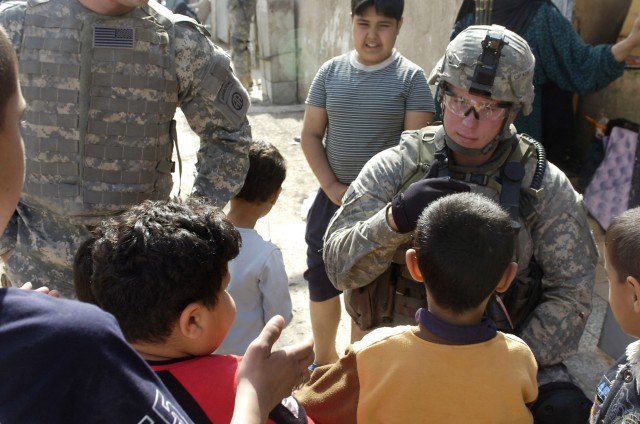
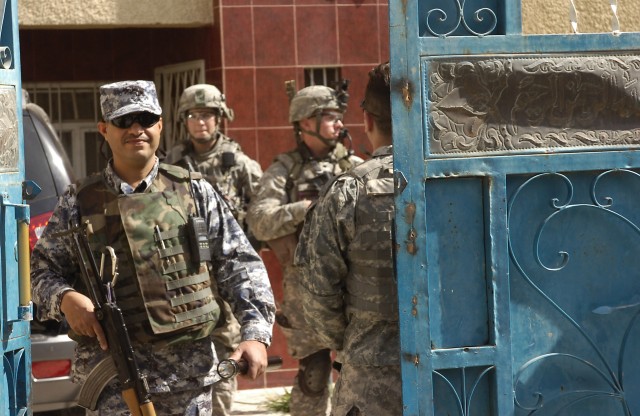
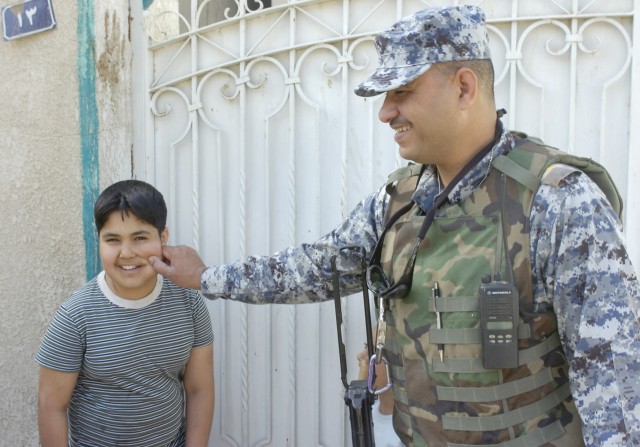
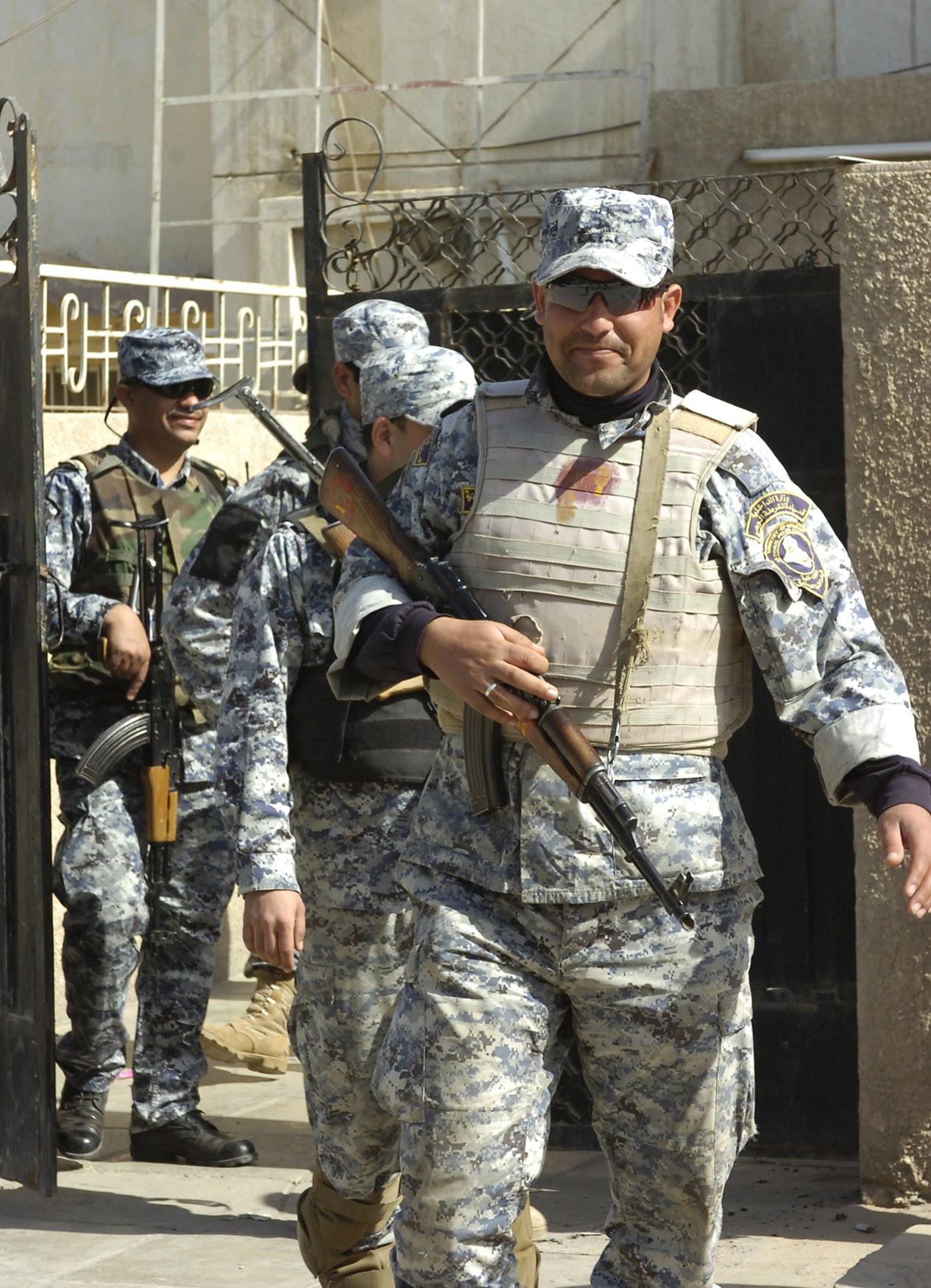
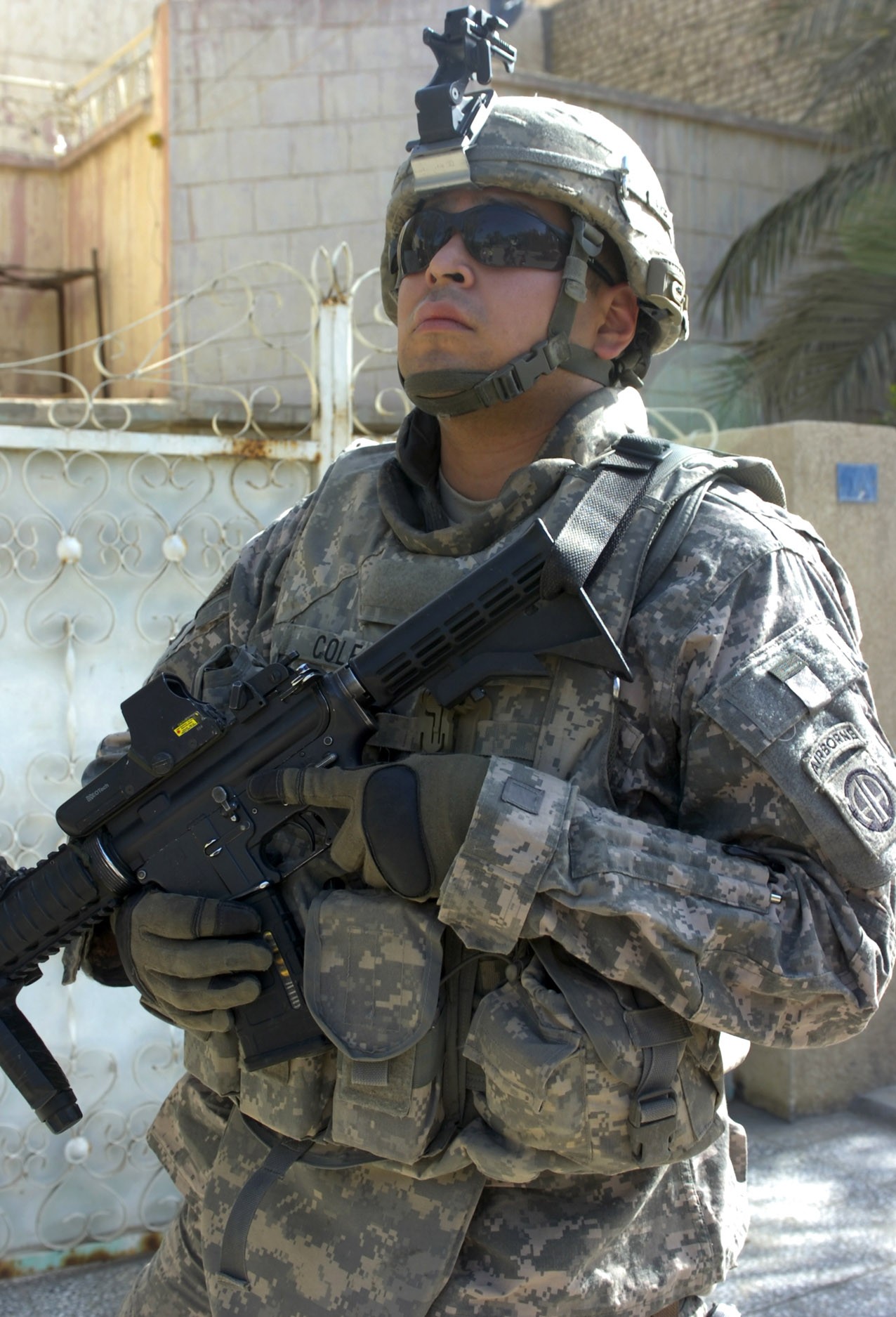
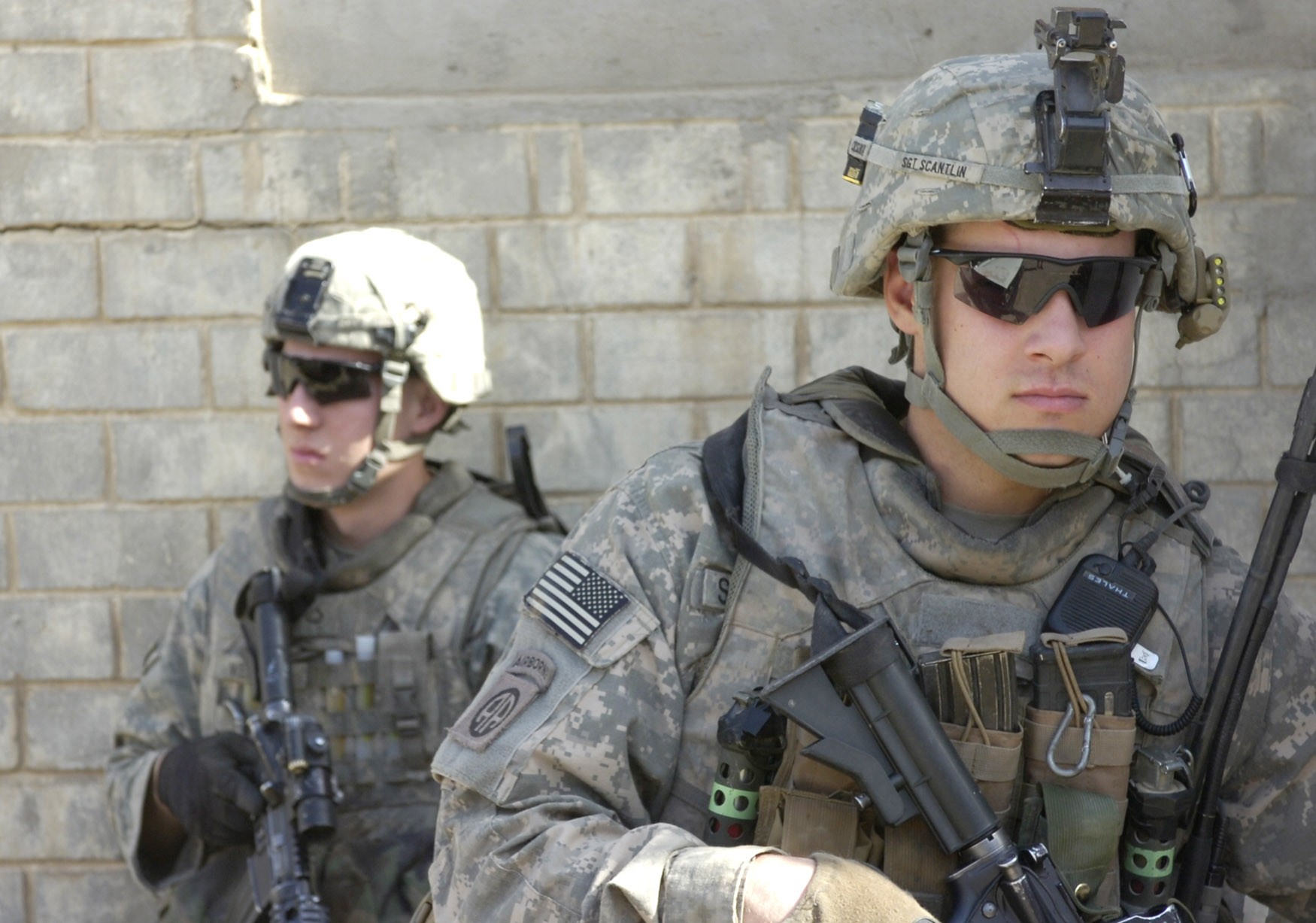
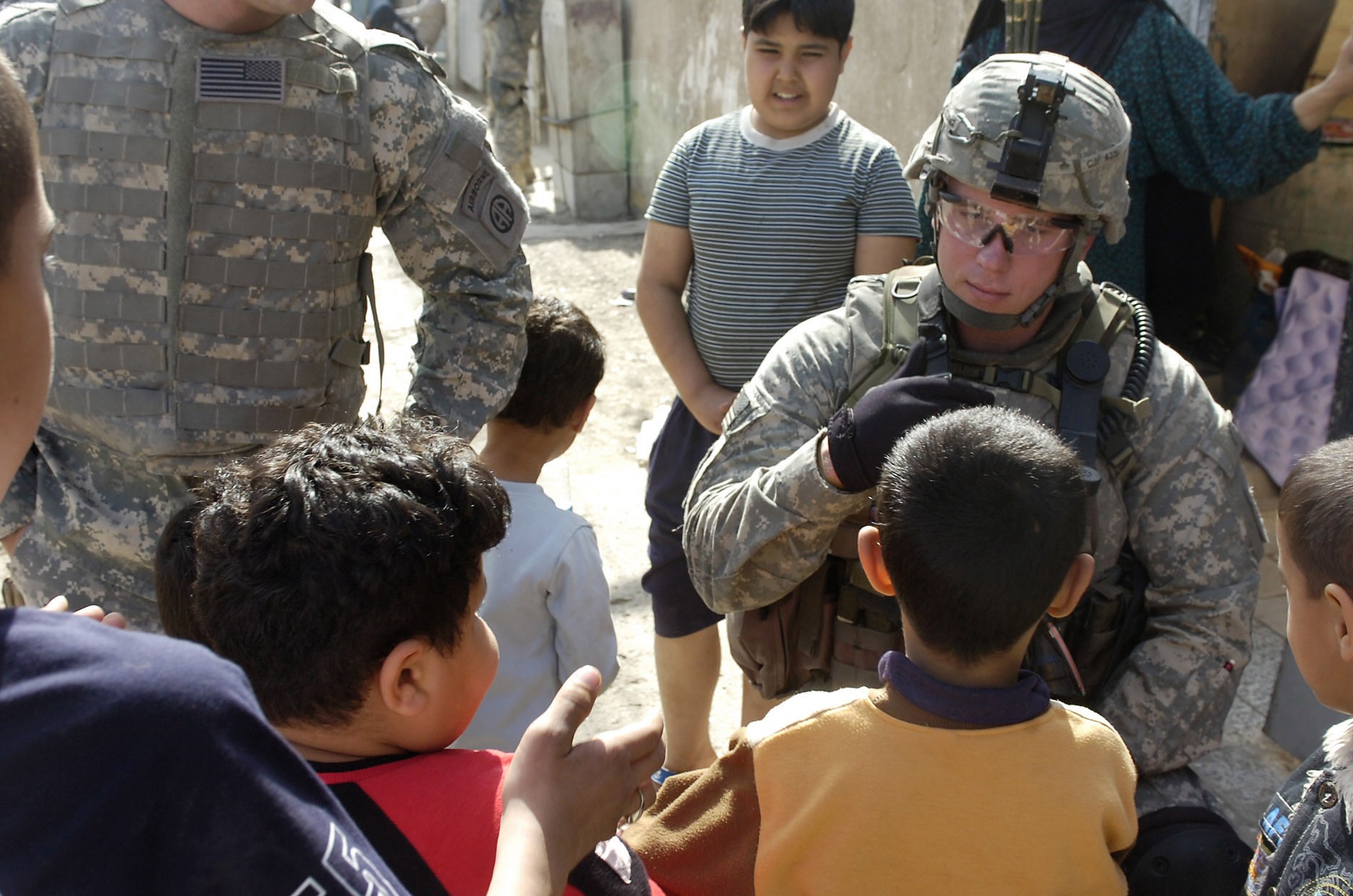
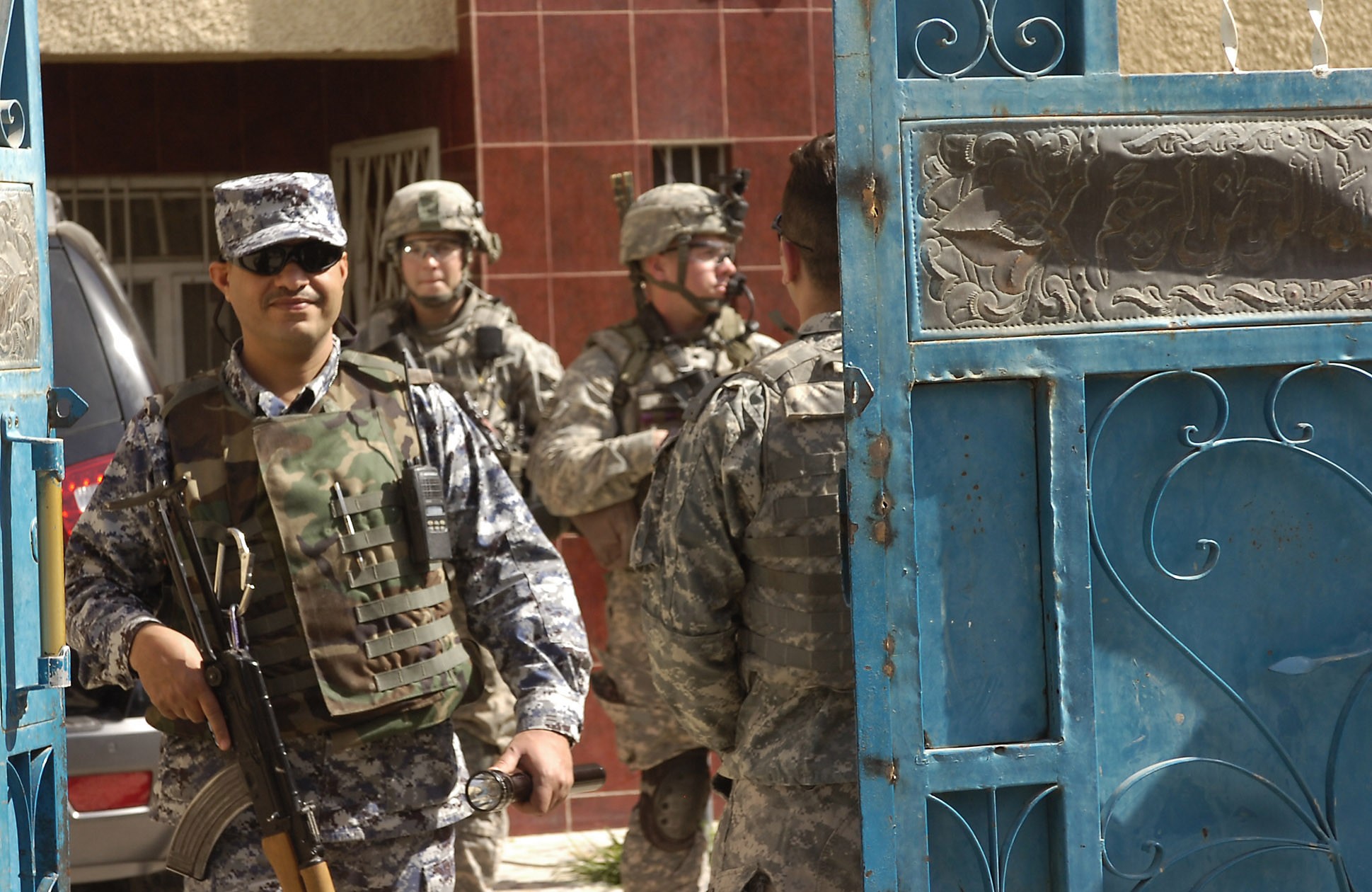
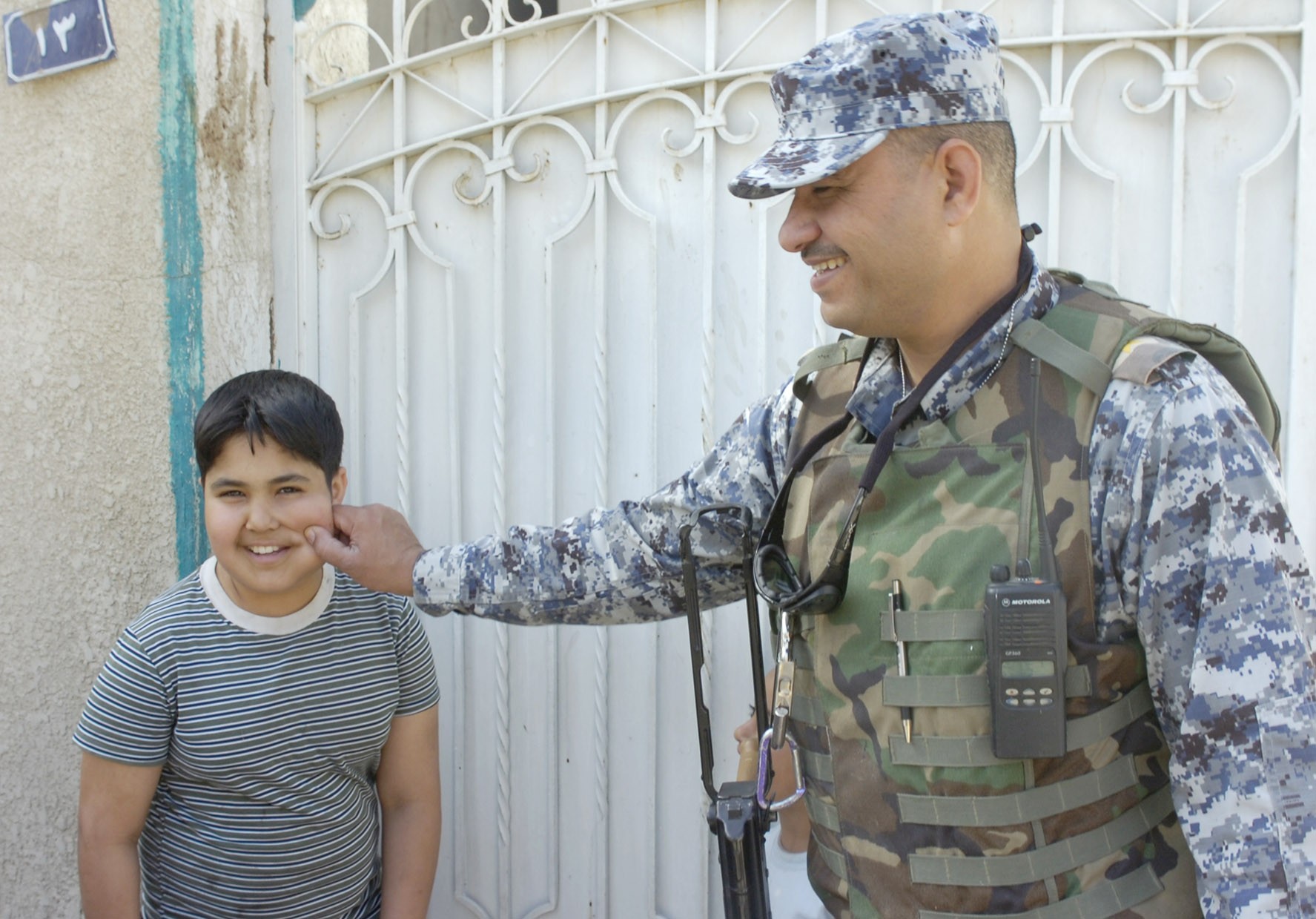
Social Sharing